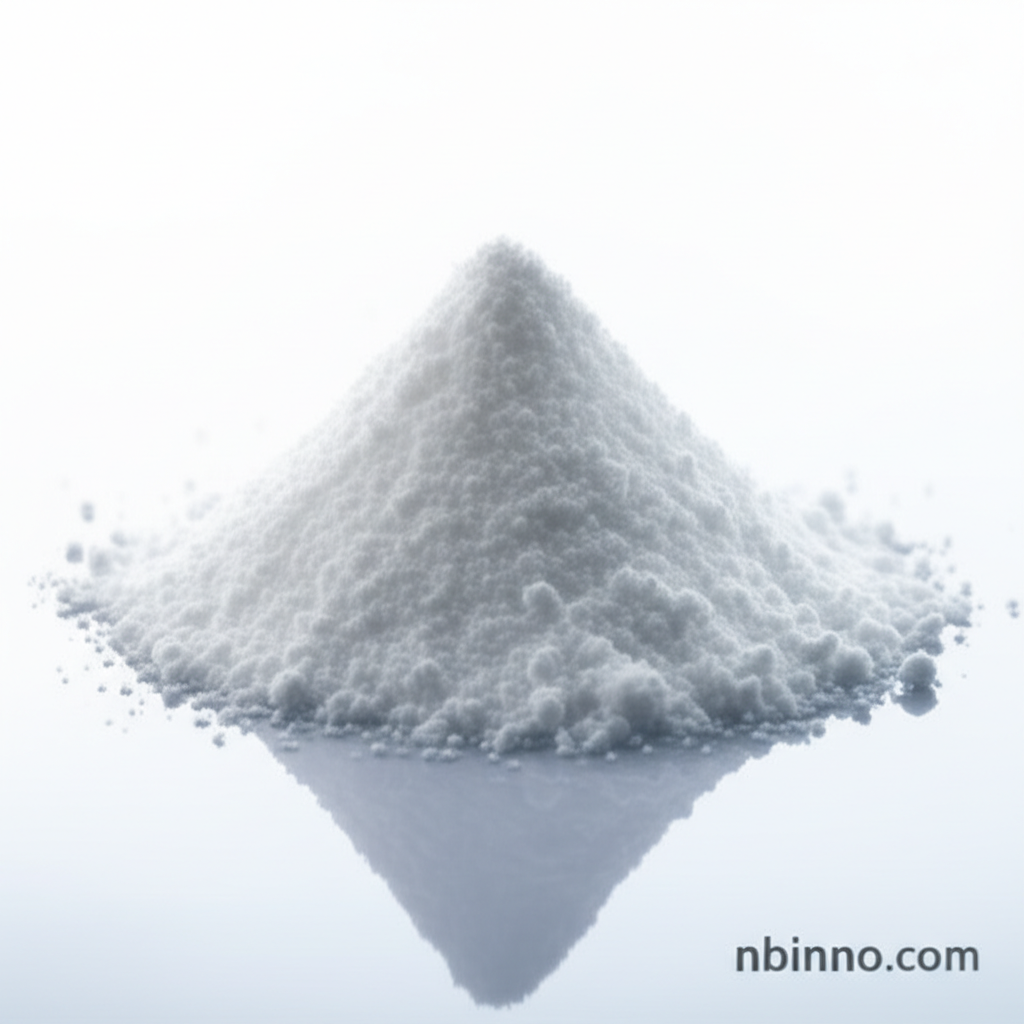Sarafloxacin Hydrochloride: A Potent Antibiotic for Diverse Applications
Exploring the efficacy and applications of a key fluoroquinolone in veterinary and research settings.
Get a Quote & SampleProduct Core Value

Sarafloxacin Hydrochloride
Sarafloxacin Hydrochloride is a powerful fluoroquinolone antibiotic renowned for its broad-spectrum activity. It is particularly vital in veterinary medicine for combating a wide array of bacterial infections in livestock and poultry, including respiratory and gastrointestinal ailments. Its precise mechanism of action involves inhibiting essential bacterial enzymes like DNA gyrase and topoisomerase IV, which are critical for DNA replication and cell division. This targeted approach ensures potent eradication of bacteria, even those exhibiting resistance to other antimicrobial agents.
- Explore the antibacterial spectrum of sarafloxacin hydrochloride, understanding its effectiveness against various gram-positive and gram-negative bacteria.
- Investigate the sarafloxacin hydrochloride mechanism of action, detailing how it disrupts bacterial DNA replication and synthesis for superior results.
- Learn about the sarafloxacin hydrochloride pharmacokinetic profile, crucial for effective dosing regimens and optimal therapeutic outcomes.
- Discover the value of sarafloxacin hydrochloride in research applications, aiding the fight against antimicrobial resistance and the development of new treatments.
Key Advantages
Veterinary Efficacy
The sarafloxacin hydrochloride veterinary use makes it a cornerstone for maintaining animal health, preventing widespread infections and ensuring safer food products.
Research Tool
Researchers find sarafloxacin hydrochloride indispensable for studying bacterial resistance mechanisms and screening new antibacterial candidates.
Targeted Action
Its ability to inhibit DNA gyrase and topoisomerase IV provides a precise, highly effective mode of action against susceptible bacterial strains.
Key Applications
Veterinary Medicine
Primarily used to treat bacterial infections in livestock and poultry, supporting animal welfare and food safety through its robust antibacterial properties.
Pharmaceutical Development
Serves as a critical compound in pharmaceutical research, aiding in the development of novel antimicrobial agents and understanding drug efficacy.
Microbiology Studies
Essential for in vitro and in vivo studies, exploring antibiotic resistance mechanisms and testing the effectiveness of new treatment strategies.
Food Safety Research
Used in studies to assess the impact of veterinary pharmaceuticals on foodborne pathogens, contributing to enhanced food safety protocols.
